Greenland, also known as Kalaallit Nunaat in the native language, is the largest island on Earth located between the Arctic and Atlantic oceans. It is an autonomous territory of Denmark with a population of approximately 56,000 people. Greenland is known for its stunning landscapes, icy glaciers, and unique culture.
The Location of Greenland
Greenland is located in the Northern Hemisphere, east of Canada and north of Iceland. It is the world's largest island, covering an area of over 2.1 million square kilometers. The island is largely covered with ice and has a coastline of over 44,000 kilometers.
The Climate of Greenland
The climate of Greenland is classified as Arctic, with long, cold winters and short, cool summers. The temperature can drop to -50°C in the winter and rise to 10°C in the summer. The island experiences strong winds and frequent snowfall throughout the year.
The History of Greenland
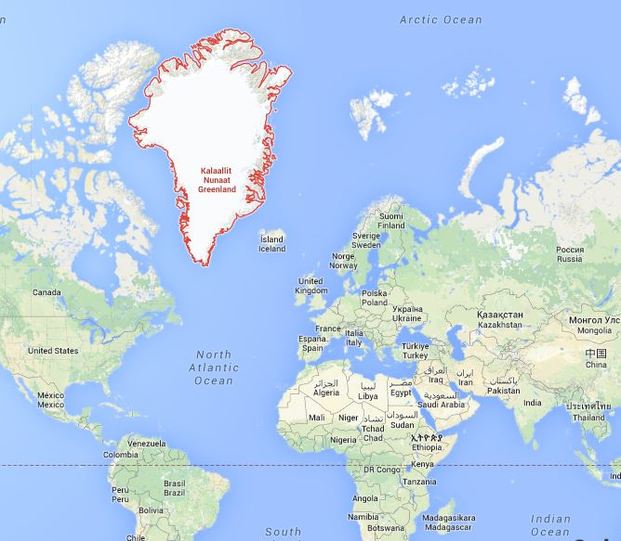
Greenland has a rich history that dates back over 4,500 years. The island was first settled by the Inuit people, who arrived from Canada around 2500 BC. In the 10th century, the Norsemen, led by Erik the Red, established a settlement on the island. They named it "Greenland" to attract other settlers, despite the island being mostly covered in ice.
The Culture of Greenland
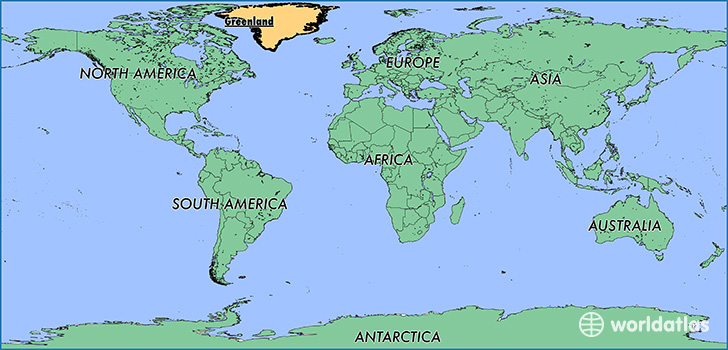
The culture of Greenland is a unique blend of Inuit and Danish traditions. The native people of Greenland, known as the Inuit or Kalaallit, have a deep connection to the land and sea. They rely on hunting and fishing for their livelihood and have a rich oral tradition that has been passed down for generations. The Danish influence can be seen in the island's architecture, language, and cuisine.
The Economy of Greenland

The economy of Greenland is heavily dependent on fishing and hunting. The island is home to some of the world's largest fisheries and has a thriving industry in seal and whale hunting. The government also relies on financial support from Denmark to fund public services and infrastructure development.
Tourism in Greenland
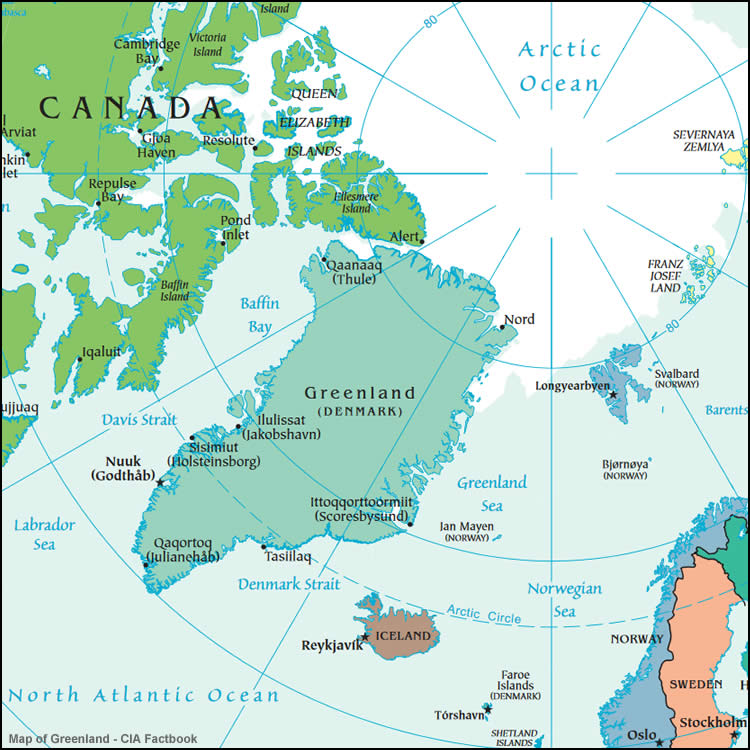
Greenland is becoming an increasingly popular tourist destination, known for its stunning natural beauty and unique culture. Visitors can enjoy a range of activities, from hiking and kayaking to dog sledding and whale watching. The island also offers a chance to see the Northern Lights, one of the world's most spectacular natural phenomena.
The Future of Greenland
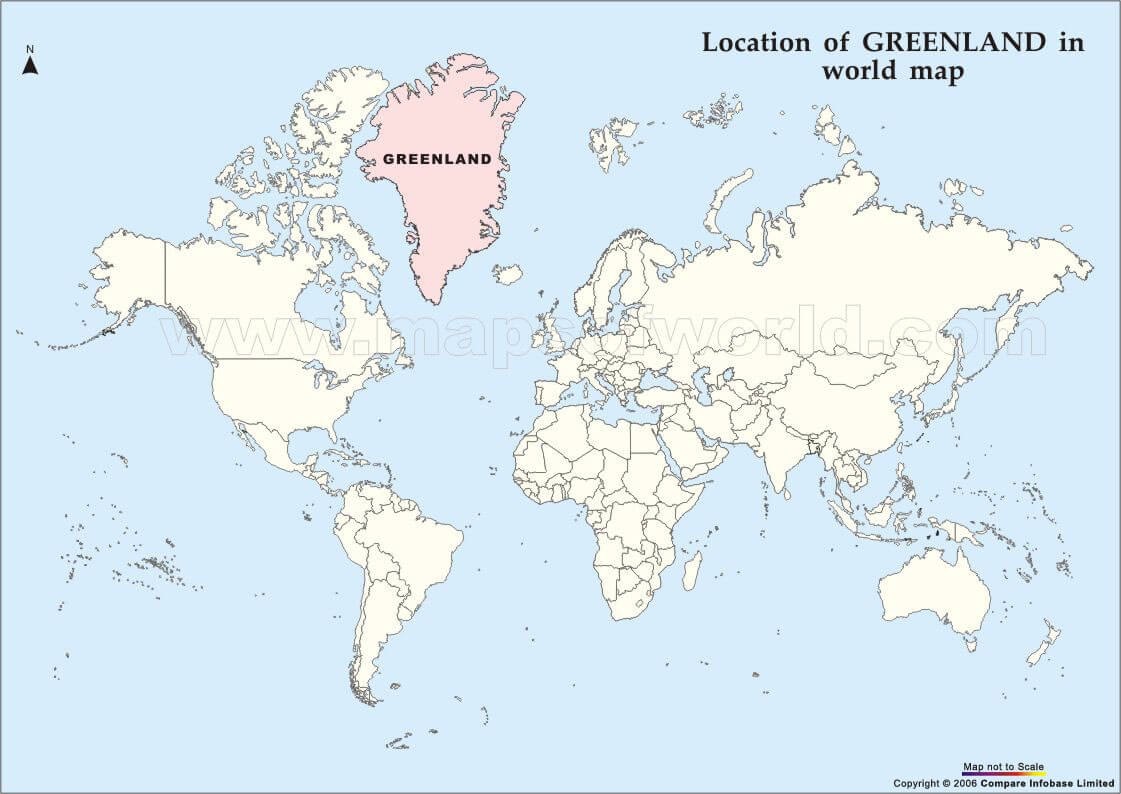
The future of Greenland is uncertain, as the island faces a range of challenges, from climate change and resource depletion to economic and political issues. However, the people of Greenland remain resilient and determined to preserve their unique way of life for future generations.
The Significance of Greenland on World Map
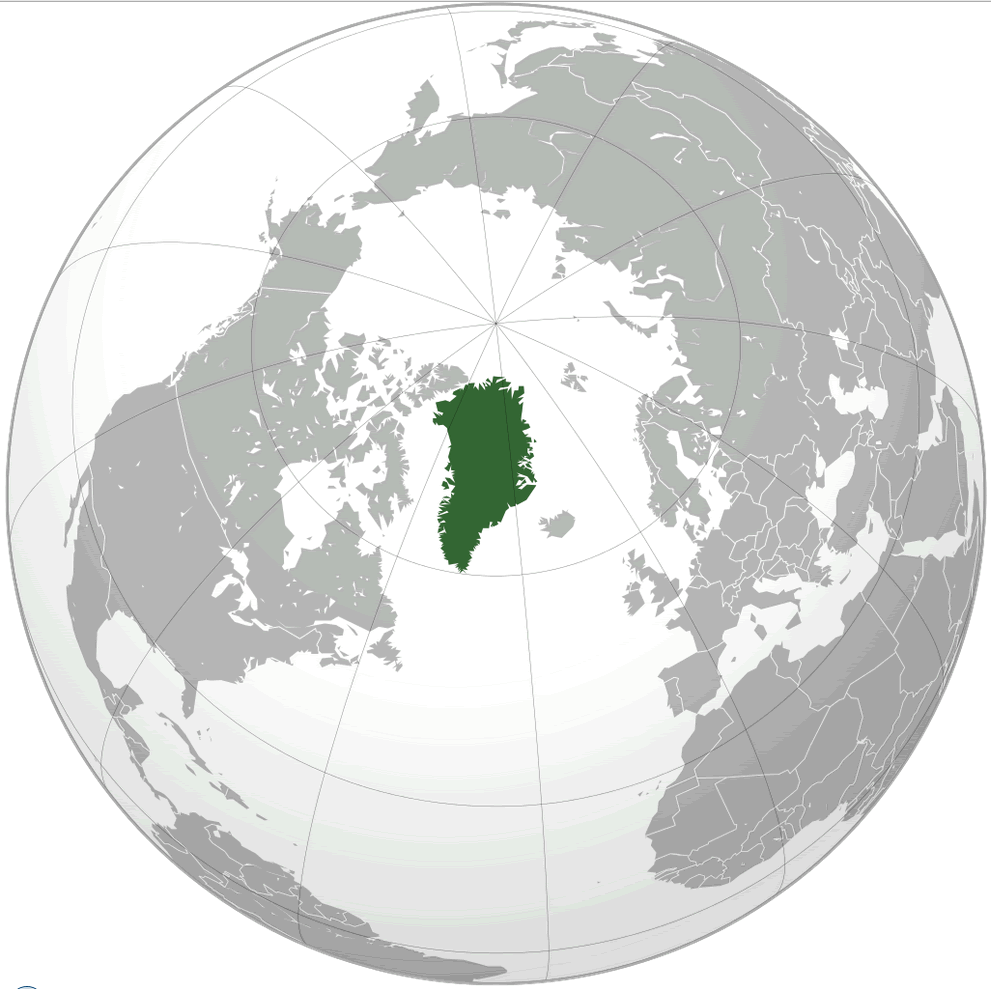
Greenland holds significant importance on the world map due to its size, location, and natural resources. The island is a key player in global politics and has been the subject of territorial disputes between Denmark, Canada, and the United States. Its vast reserves of minerals, oil, and gas make it a potential economic powerhouse in the future.
Conclusion
In conclusion, Greenland is a unique and fascinating island with a rich history, culture, and natural beauty. It holds a significant place on the world map and faces both challenges and opportunities in the future. Whether you are a tourist or a student of geography, Greenland is a destination worth exploring.